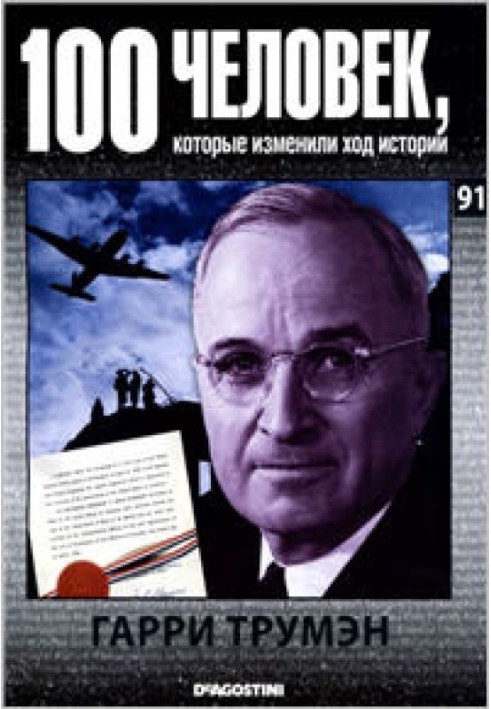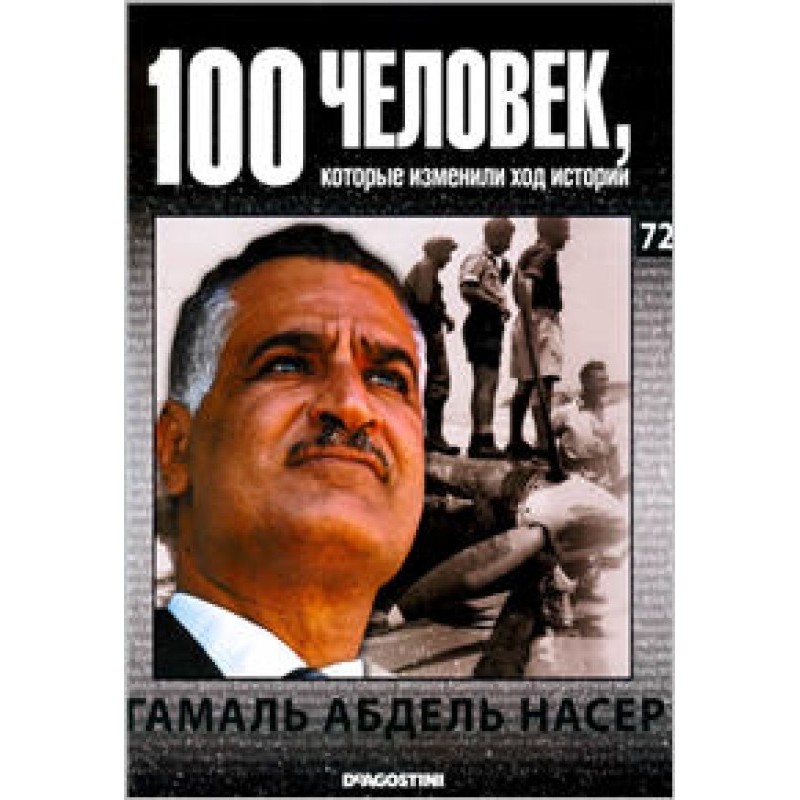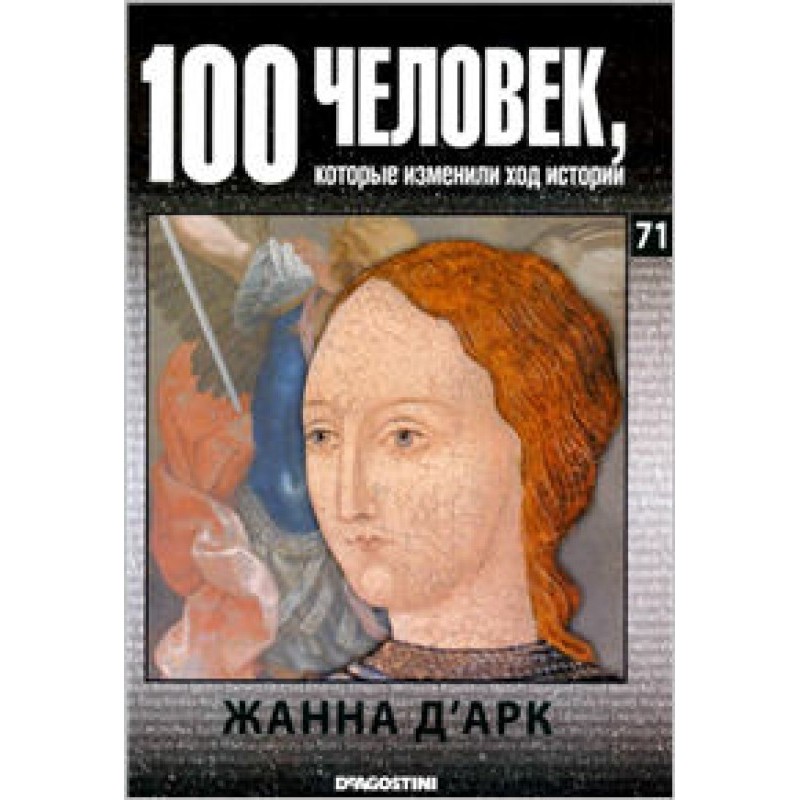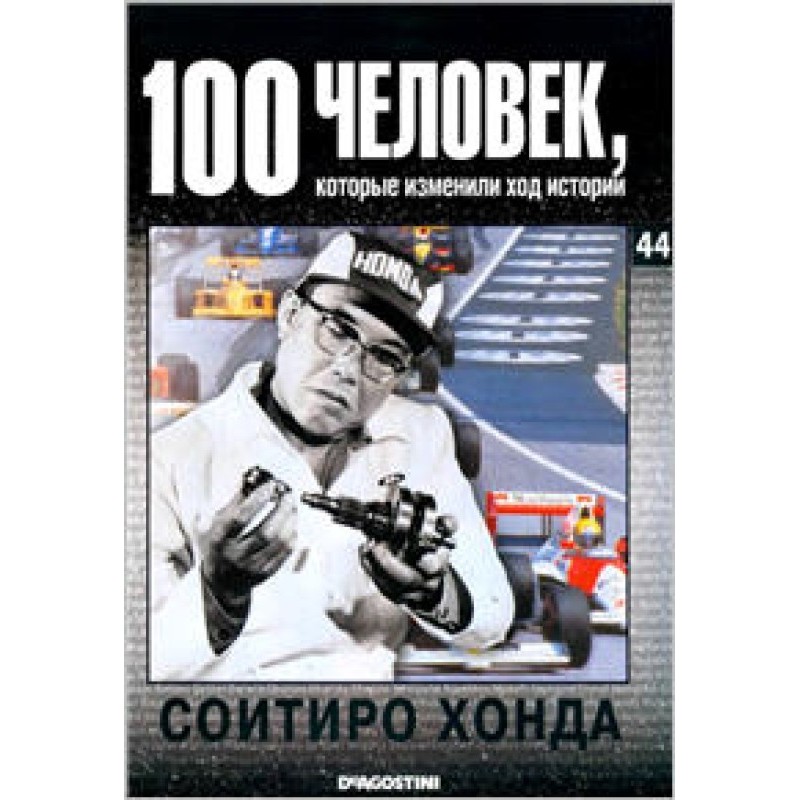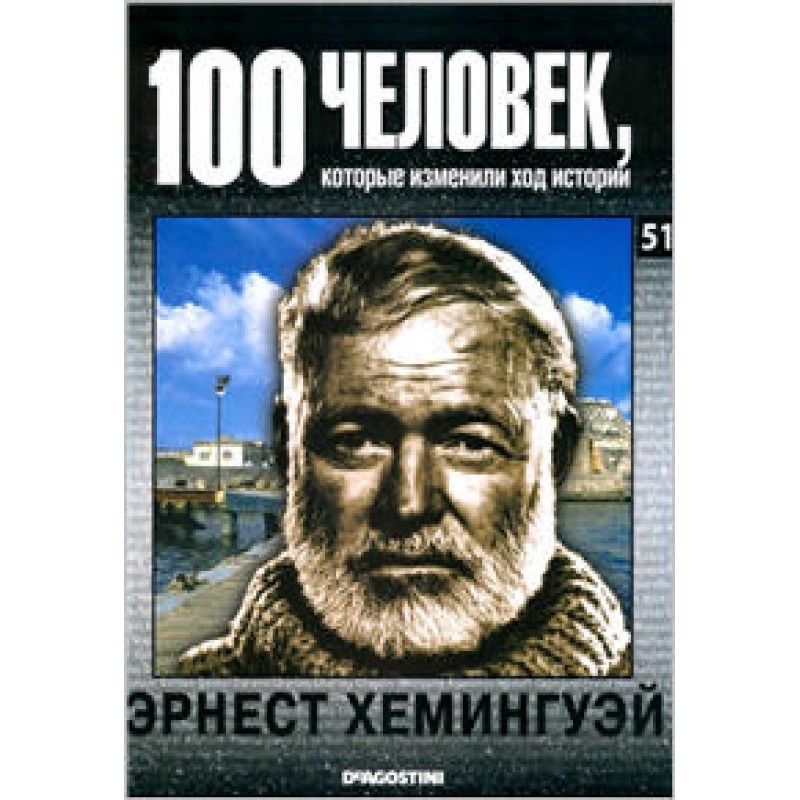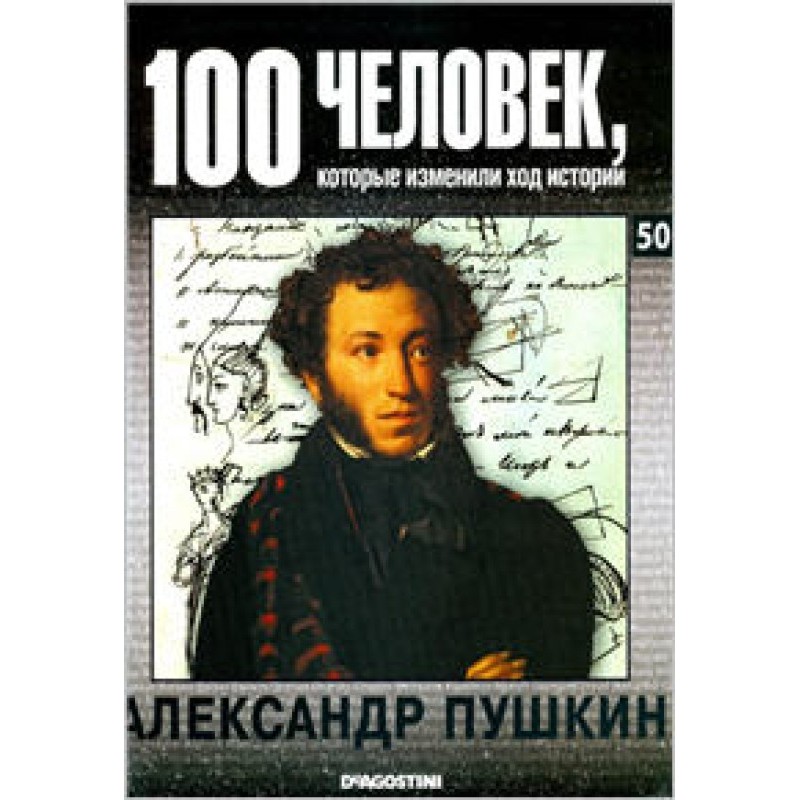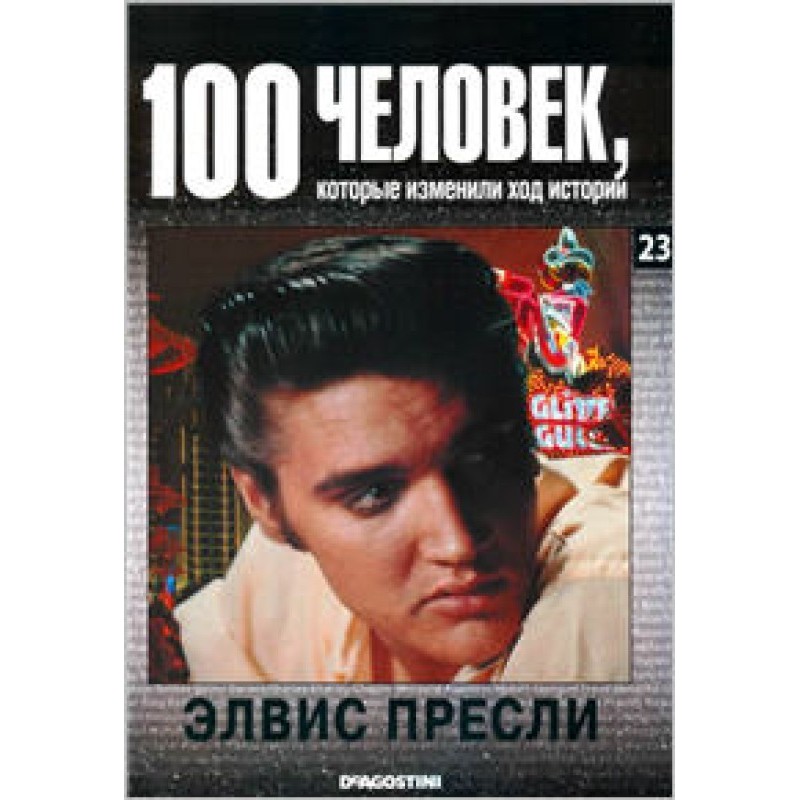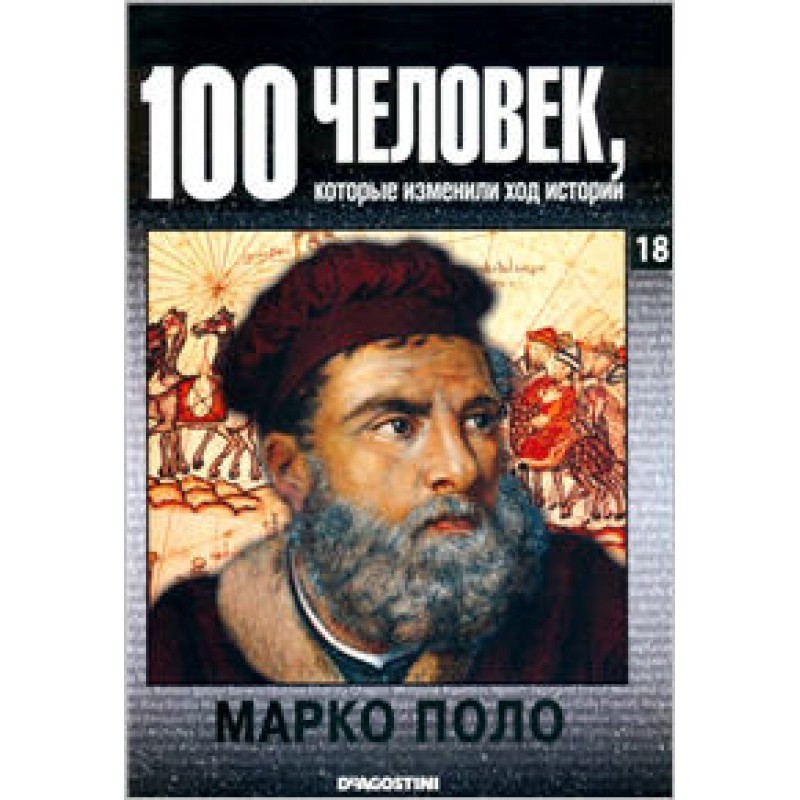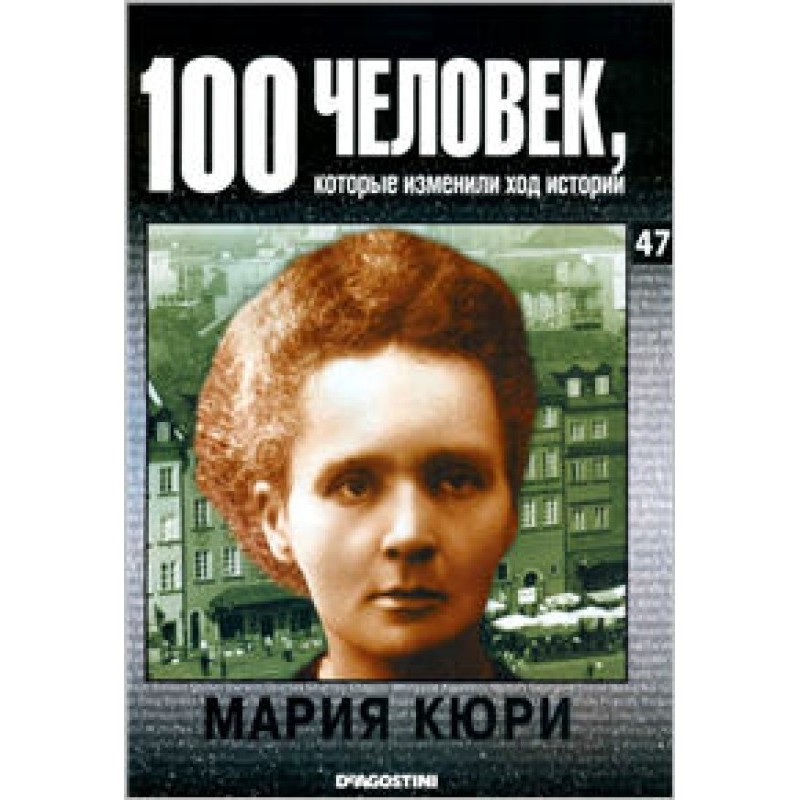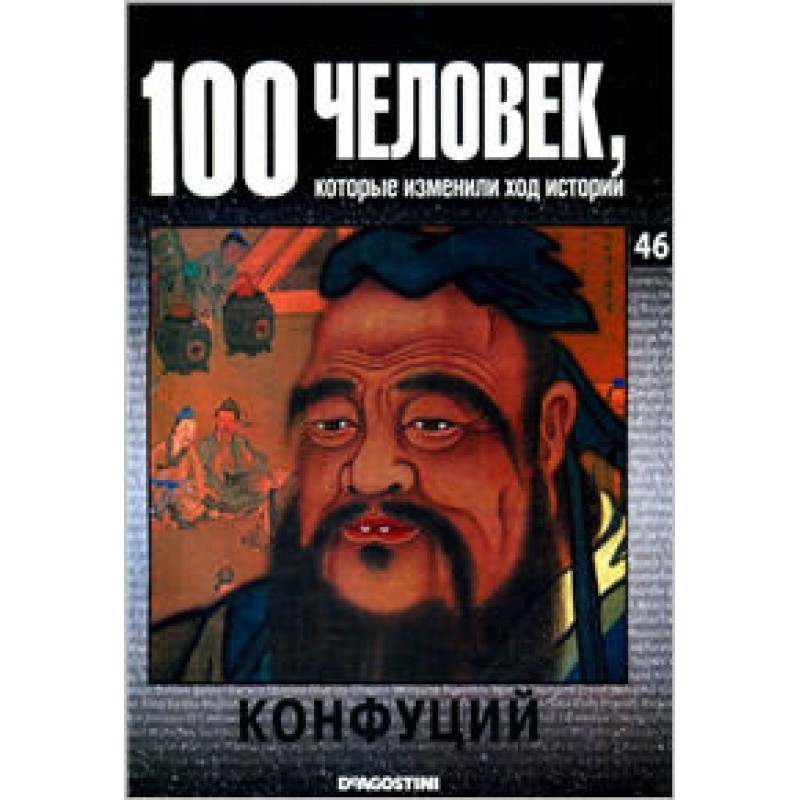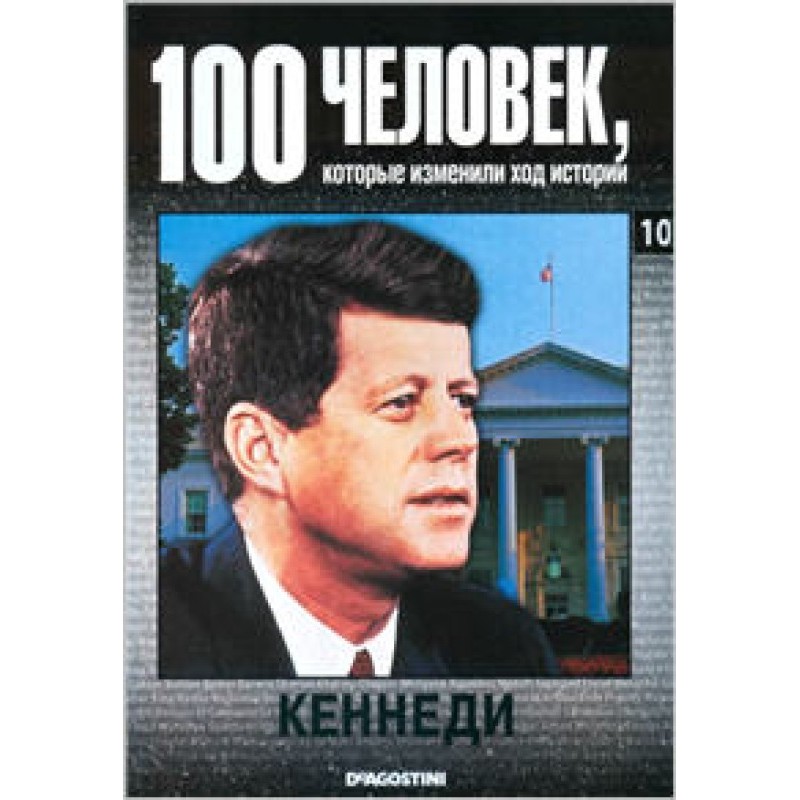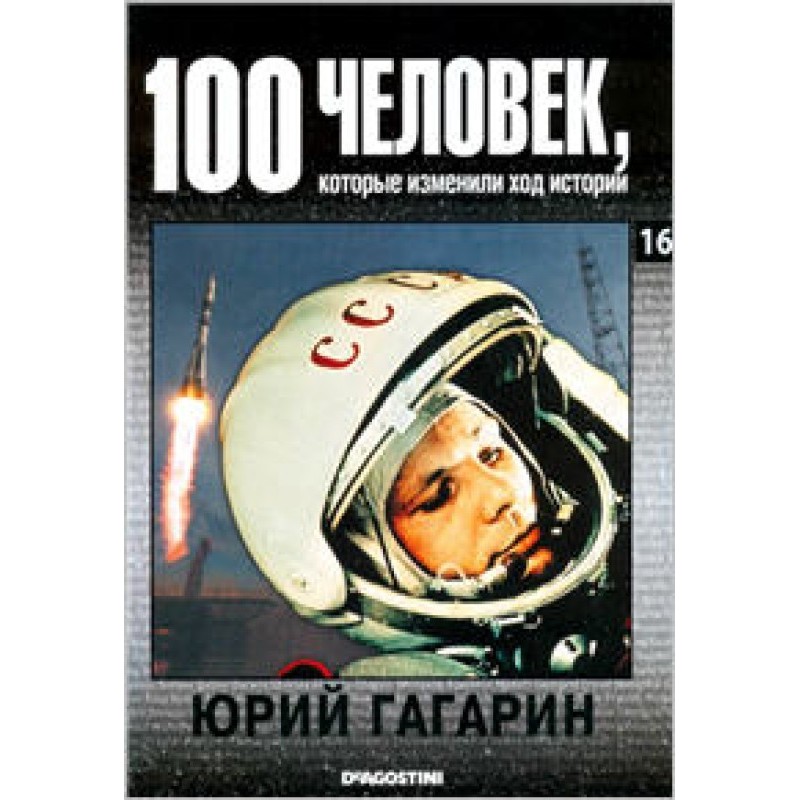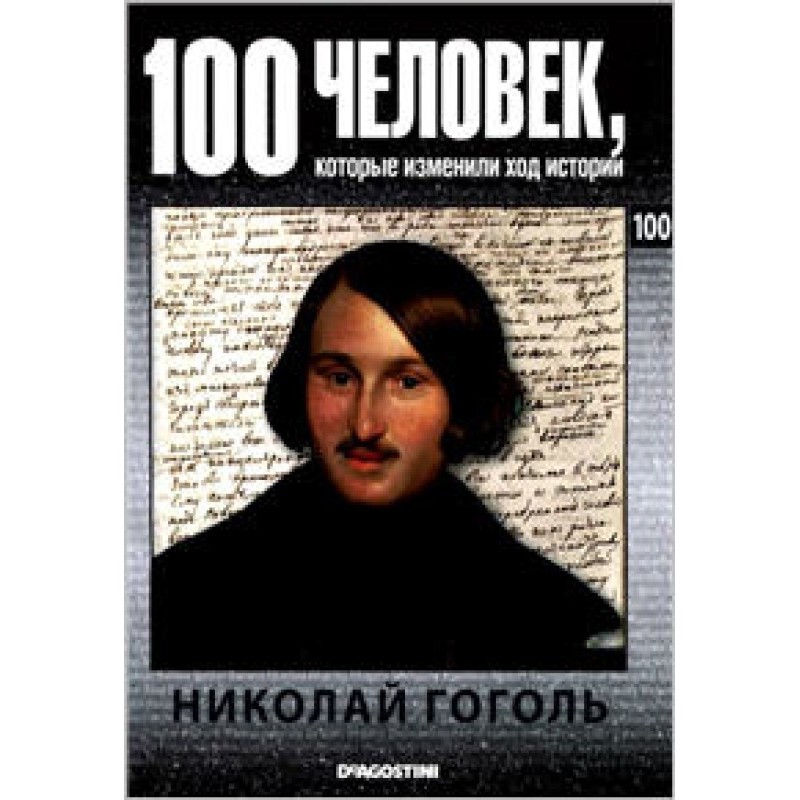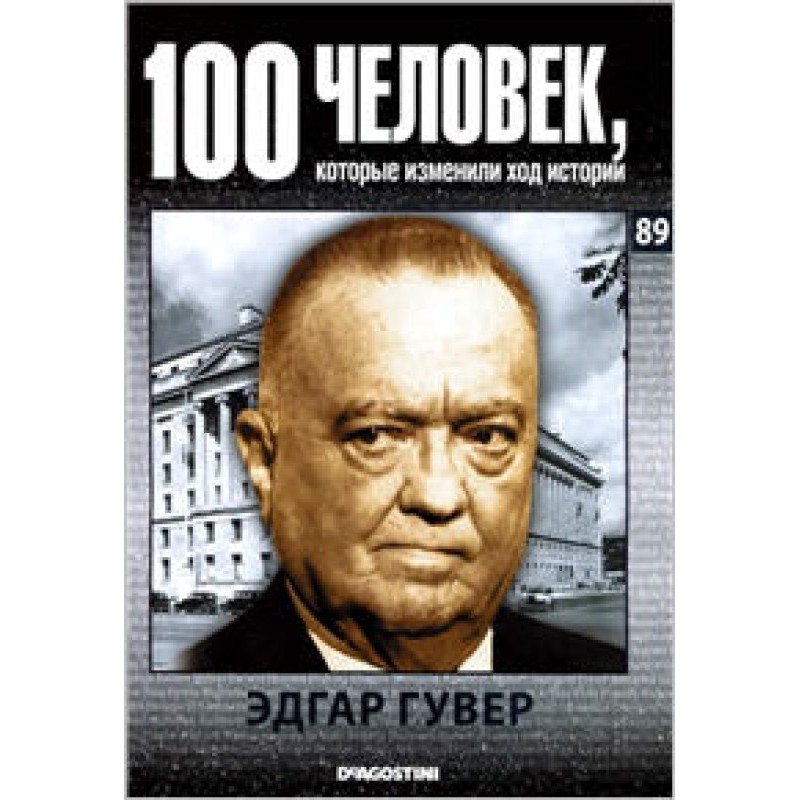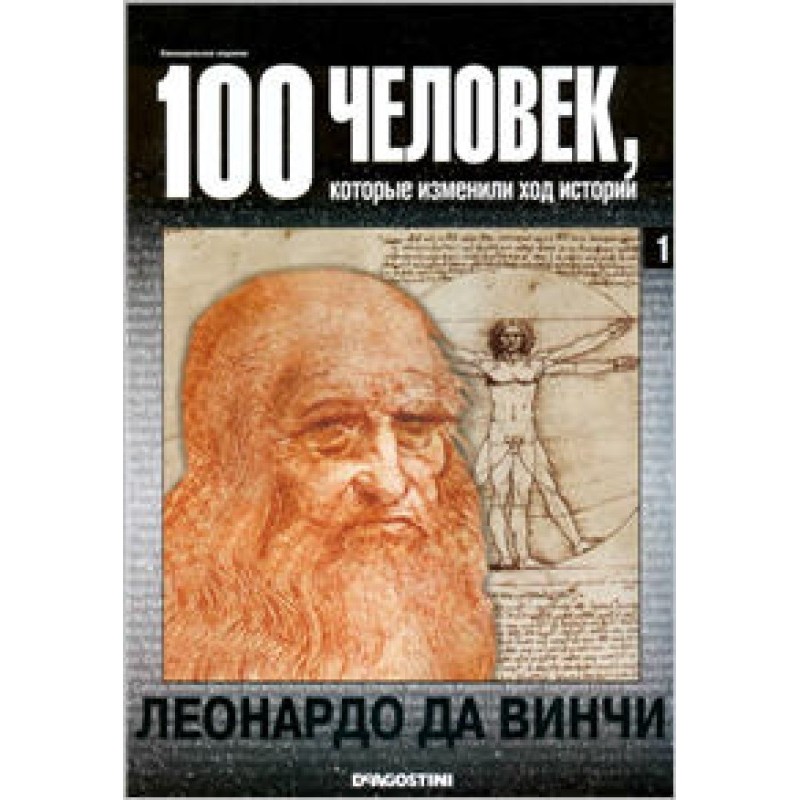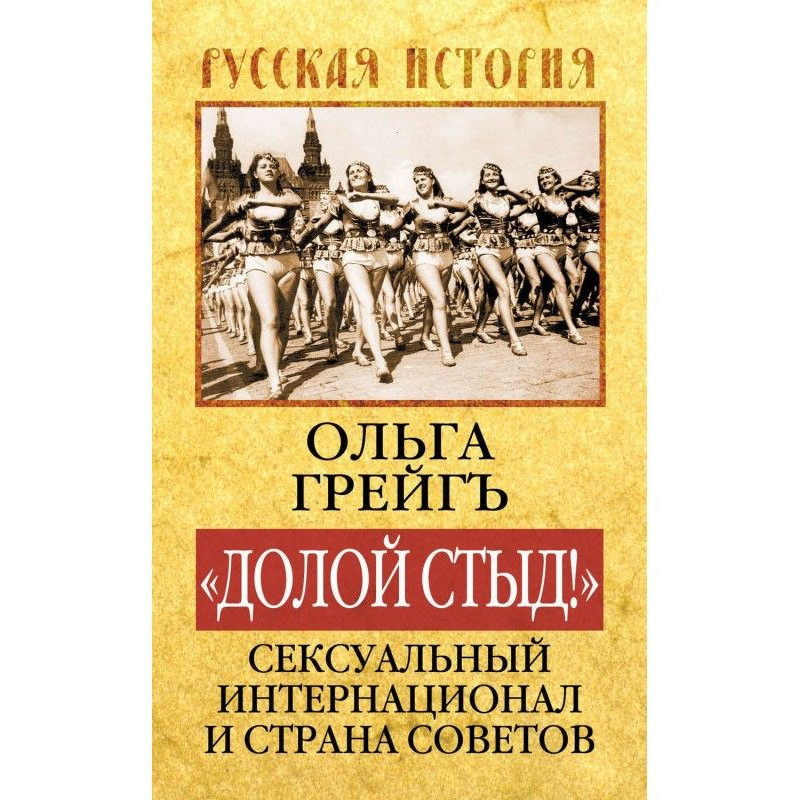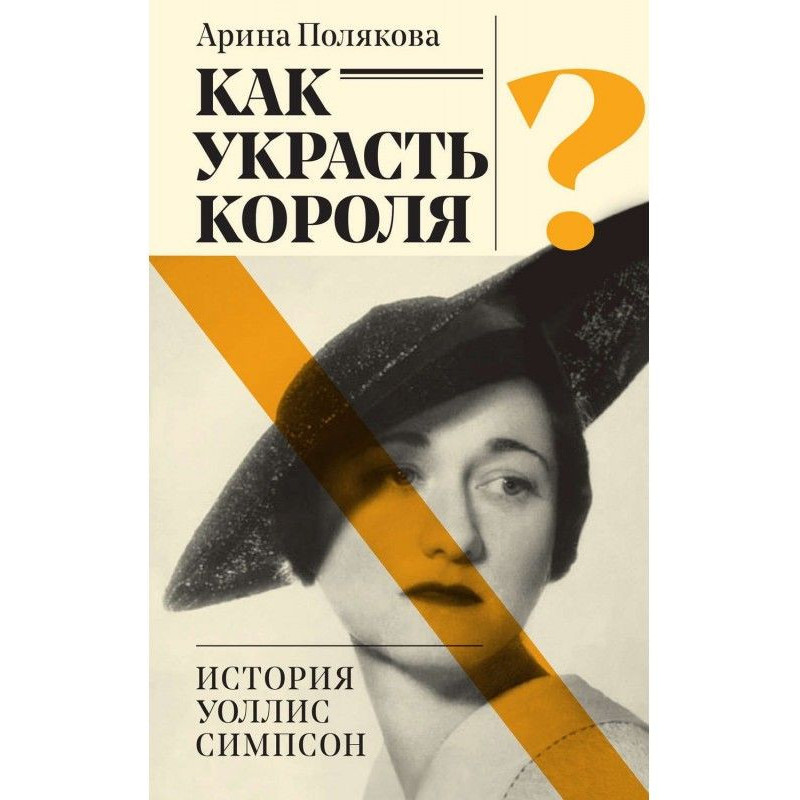Harry Truman
 Instant download
Instant download
after payment (24/7)
 Wide range of formats
Wide range of formats
(for all gadgets)
 Full book
Full book
(including for Apple and Android)
In February 1945, at the very end of World War II, three Allied leaders - Roosevelt, Churchill and Stalin - gathered at the Yalta Conference to decide the future of the post-war world. Two months later, US President Roosevelt died suddenly, and Vice President Harry Truman (1884-1972) entered the political scene in his place. In the history of the 20th century, people who were outwardly unremarkable and appeared as if from nowhere have repeatedly come to the highest power. Most often, they were promoted from political obscurity - more precisely, from secondary positions - by bright political leaders who were looking for loyal replacements. Very often, such outwardly inconspicuous personalities appeared at the head of state as a result of complex political maneuvers and were considered temporary, suiting everyone as such a figure. This is what often gave them an advantage in the struggle for power. Harry Truman belongs to this category of politicians. He became almost the only ruler of a democratic country in the 20th century who did not receive a full-fledged higher education. This previously unknown politician, having stood at the head of the world's strongest state at a turning point in its history, had to make a historical choice on which the fate of humanity depended for several decades to come. Harry Truman differed from Roosevelt in that he never compromised with the Soviet Union and more consistently sought to end the policy of isolationism. The results of the Second World War, from which the United States emerged as the most economically powerful power in the face of multiple The Soviet Union, which had strengthened its political influence, demanded to replace the “Monroe Doctrine” with the adoption of a new concept that would correspond to the realities of the new era. As a result, the Truman Doctrine was born in 1947. Fearing the communist threat, the American president chose a policy of containing the USSR and protecting democracy around the world, seeing this as the most reliable way to ensure US national security: “We must support free nations, their democratic institutions and their national integrity against the aggressive encroachments of totalitarian regimes, undermining the peace of the world by direct or indirect aggression, and, consequently, the security of the United States." Such a broad interpretation of the security of their own country allowed the Americans to interfere into the internal affairs of countries located many thousands of kilometers from American borders. By exerting forceful pressure on the Soviet Union, Truman dragged it into an arms race that was unsustainable for a socialist economy, and at the same time, citing a partly real, partly imaginary communist threat, he turned the United States into the undisputed leader of the Western world, which allowed the Americans to receive very specific economic and political benefits. The main events of the foreign policy of Truman's second presidential term were the creation of NATO in the spring of 1949, as well as the proclamation of an independent West German state - the Federal Republic of Germany. Thus, the split in Europe, and then in other countries of the world along ideological lines, finally took shape, and from that time on, the “Cold War” between the USA and the USSR became a determining factor in world history for the next forty years. Major failures of Truman's foreign policy include the Korean War: having lost more than 54 thousand people in a year and a half of hostilities, the Americans only managed to maintain the status quo, that is, control over South Korea.
Data sheet
- Name of the Author
- Анастасия Жаркова Евгеньевна
- Language
- Russian
Reviews
Вражаюча історія про одного з найзначніших президентів США!
Книга про Гаррі Трумена - це не лише біографія, а й глибокий аналіз епохи, в якій він жив і працював. Автор майстерно описує, як цей, здавалося б, звичайний чоловік без вищої освіти, став ключовою фігурою в історії США та світу. Читач має можливість зануритися в деталі Ялтинської конференції, зрозуміти політичні маневри та виклики, з якими зіткнувся Трумен, а також його рішучість у боротьбі з комунізмом. Книга не лише розкриває особистість Трумена, але й показує, як його дії сформували світовий порядок після Другої світової війни. Вона наповнена цікавими фактами, аналітичними матеріалами та історичними контекстами, що робить її невід'ємною частиною бібліотеки кожного, хто цікавиться політикою та історією. Рекомендую всім, хто хоче зрозуміти, як особистість може вплинути на хід історії!

